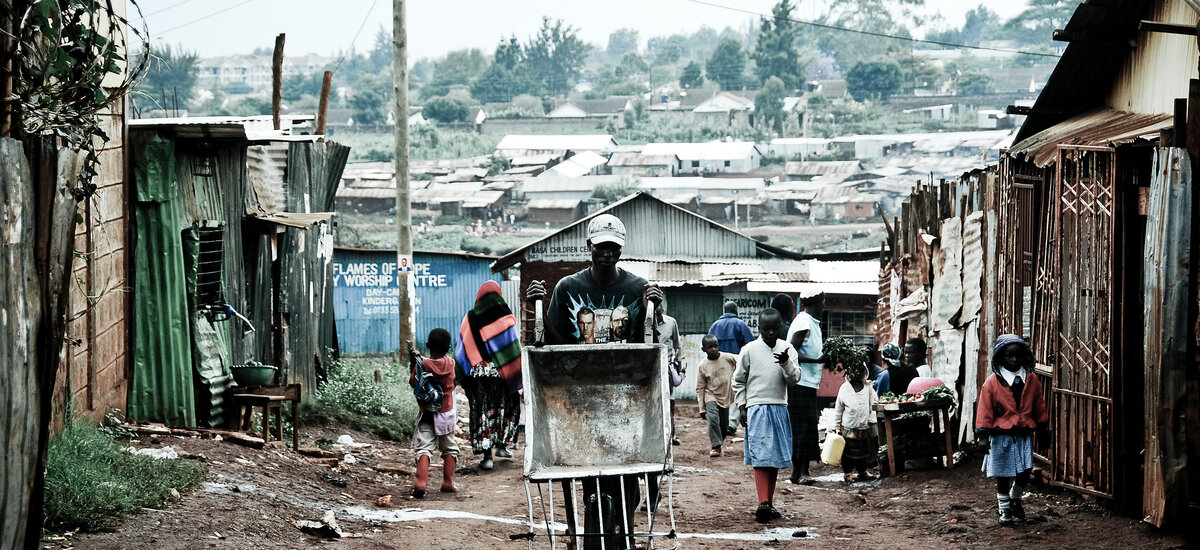- Exchange and Networking
- Knowledge and Learning
- Advocacy
- Our topics
Slum health - a new academic discipline?

The Lancet “Almost 1 billion people are estimated to live in slum households, defined by UN Habitat as “a group of individuals that live under the same roof that lack one or more of the following conditions: access to improved water, access to improved sanitation, sufficient living space, durability of housing and secure tenure. Slum residents who live in informal settlements and who commonly have inadequate access to health services are at a particularly high risk of being affected by the dual burden of infectious and non-communicable respiratory diseases over the course of their lives.
Two Series papers discuss the social characteristics and health burdens of slums, and the particular opportunities that such neighbourhoods offer to improve the health of people who live there. The authors argue for an academic discipline of slum health to increase awareness about the challenges faced by people who live in slums and to develop solutions that improve their health." (Photo: Kibera is the largest slum in Nairobi, the largest urban slum in Africa and one of the biggest in the world by Stefan Jensen/flickr).